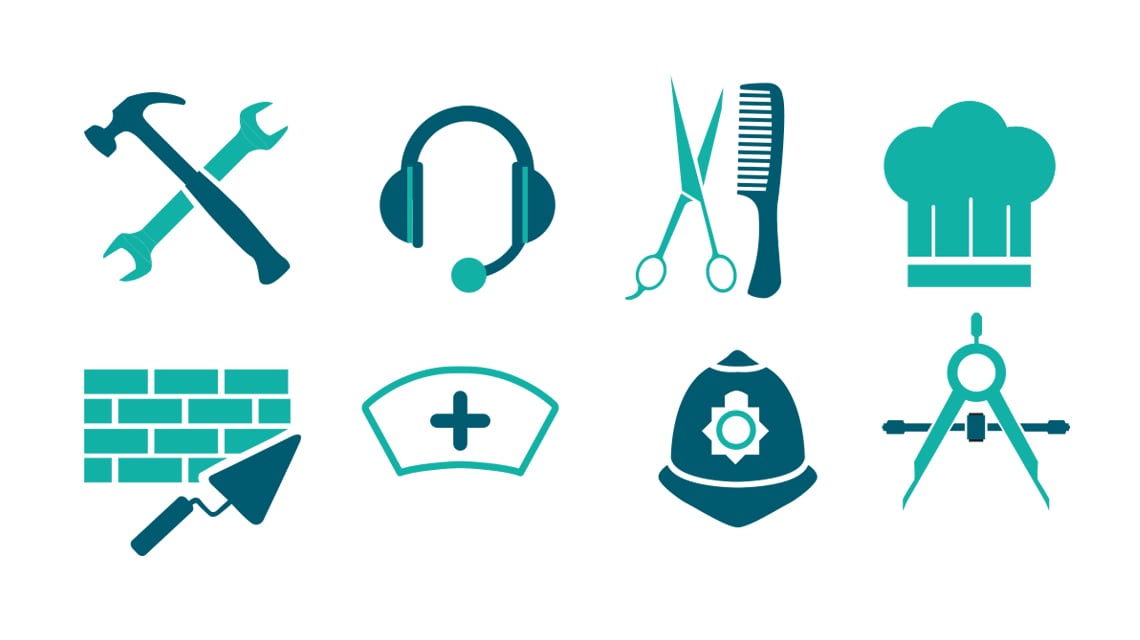Some education support roles involve assisting teachers and tutors with their teaching and helping children and young people with their learning in lessons.
Or you may work outside the classroom, doing admin or other jobs to help the school, college or university run smoothly.
With good GCSEs or equivalent qualifications, it may be possible to take on an education support role if you are over 18. You will need to have experience of working in education, with children and young adults or have skills in clerical, bookkeeping and admin work.

Example jobs

Teaching assistant
Working in the classroom under the supervision of the teacher or lecturer, supporting learning in groups or on a one-to-one basis with learners who have special or additional needs.
Pastoral assistant
Supporting heads of year or faculty, dealing with students’ problems where possible, carrying out paperwork and day-to-day administration duties.
Library assistant
Helping to run the library, organising learning resources, supervising students in the resource centre and study areas.
Learning mentors
Working and liaising with teaching staff to support specific pupils in particular subjects or generally across the curriculum, depending on needs.
Things you need to know

Typical working conditions
- You will be working in a hectic, often noisy but very rewarding environment.
- You will work during term-time and occasionally during part of the holidays, depending on your contract.
- Support workers can sometimes earn extra money when the buildings are used for other activities during holidays, depending on your contract.

Qualifications needed
You will need to have good GCSE (or equivalent) grades and you will need good literacy and numeracy skills.
Experience of working with children is important. Volunteering to help in a local school for a few hours a week is a good way to start.

Career path
An education support role could be a stepping stone into teaching, as you will learn what is required to become a classroom teacher.
You could be motivated to do further qualifications, leading to work in areas such as counselling, special educational needs (SEN) or teaching English for speakers of other languages (ESOL).
With industry-related qualifications in subjects such as catering, graphics, carpentry or bricklaying, you may be able to do some teaching. You would be paid as a ‘trainer’ while studying to obtain Qualified Teacher Status (QTS) for teaching in schools or FE qualifications for teaching adults in colleges.
Useful links
Pearson is not responsible for content on external websites.